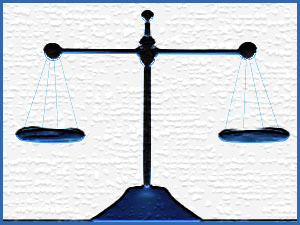 A recent case of plagiarism emerged from the Daily Beast online news site late last week. Daily Beast author Gerald Posner admitted to copying several sentences from a piece in the Miami Herald.
A recent case of plagiarism emerged from the Daily Beast online news site late last week. Daily Beast author Gerald Posner admitted to copying several sentences from a piece in the Miami Herald.
Although the incidence of plagiarism was clear and he admitted that it was an act of plagiarism, Posner claimed that it was ‘inadvertent.’ The editors at the Daily Beast also admitted that it was an act of plagiarism, but also labeled Posner’s act as ‘inadvertent.’
Did he accidentally see the Miami Herald Article and remember the wording?
Or did he have the Herald on his lap as he typed up his piece?
We could argue all day about whether Posner had intent to commit plagiarism and we’d most likely come out with no black and white answer.
The question is : does intent matter in a case of plagiarism?
Plagiarism.org’s response to ‘does intention matter?’ :
“…there are different punishments for willful infringement, or deliberate plagiarism, and innocent infringement, or accidental plagiarism. To distinguish between these, courts recognize what is called the good faith defense. If you can demonstrate, based on the amount you borrowed and the way you have incorporated it in your own work, that reasonably believed what you did was fair use, chances are that your sentence will be lessened substantially.”
As far as punishment is concerned, just as in criminal law, deliberate intent does make a difference with plagiarism. Based on the striking similarity between the Daily Beast piece and the Miami Herald article, it would be difficult to prove in court that Posner did not deliberately plagiarize from another source.
So intent matters as far as punishment, but in terms of detecting an incidence of plagiarism, intent plays no part in determining what is considered to be duplicate content. iThenticate’s Plagiarism Checker technology creates a Similarity Report based on the extensive and quantitative comparison of articles. This similarity report doesn’t know the difference between an author that deliberately or accidentally plagiarized.
iThenticate simply tells us where the plagiarism occurred.
There certainly are cases of inadvertent plagiarism out there. However, it makes sense that editors and authors side-step even getting into the debate of intent by avoiding plagiarism all together with the proper technology.
Citations:
Shafer, Jack. “Plagiarism at the Daily Beast” Slate 5 Feb. 2010 http://www.slate.com/id/2243850/
Plagiarism FAQs - Plagiarism.org, iParadigms LLC. Retrieved February 8, 2010, from http://www.plagiarism.org/plagiarism-101/overview/
Related
Topics: Current Events,Best Practices